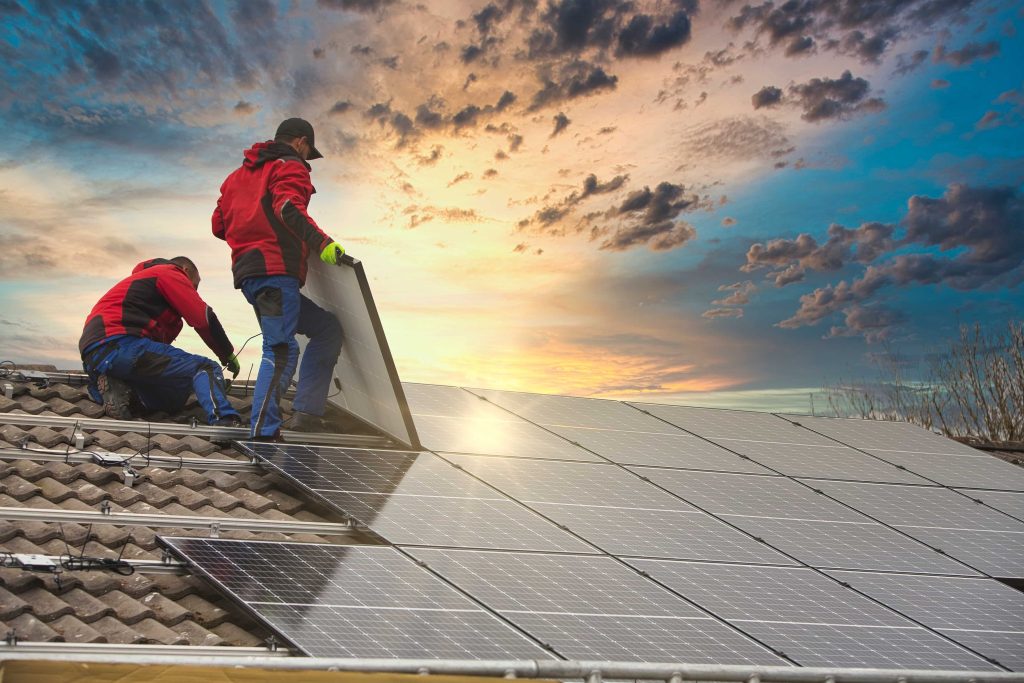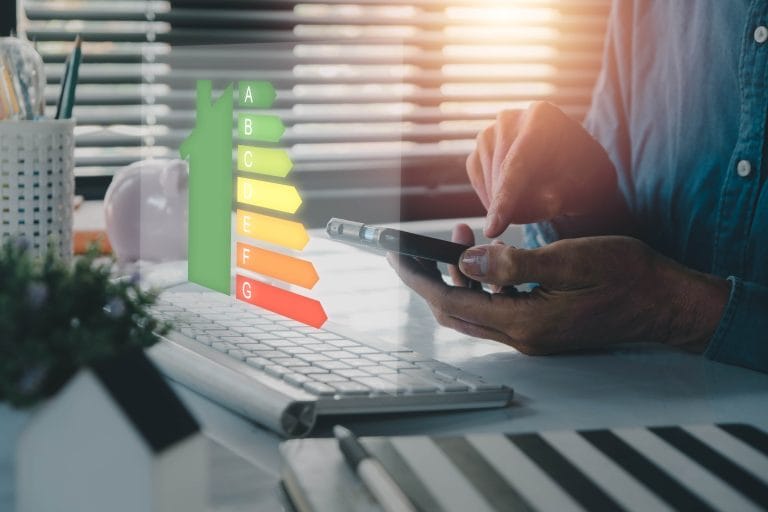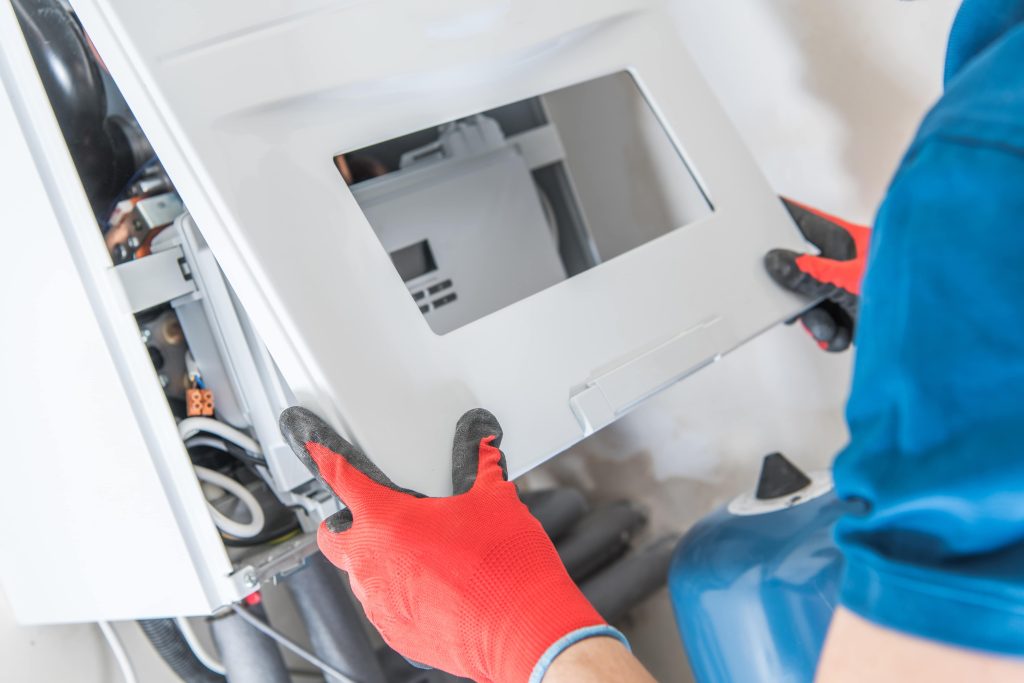Promoting operations to improve energy efficiency through renewable sources: this is the goal of the Home Upgrade Grandt which will run from April 2023 to March 2025. Here is a guide on how it works.
What energy grants are available in the UK?
Energy providers and local authorities offer numerous freebies and grants to enhance the energy efficiency of your home. These incentives include grants for boilers, wall insulation, and more. These initiatives are part of energy efficiency obligations, particularly benefiting individuals in specific groups, such as those receiving universal credit, tax credits, pension credit, or income-based benefits.
- Free insulation and boiler grants are available through the Energy Company Obligation (ECO) scheme. This scheme aims at supporting energy efficiency improvements in households through grants for boiler upgrades and insulation measures, including cavity walls and lofts.
- In England and Wales, there is a boiler upgrade initiative that provides up to £6,000 towards replacing existing gas, oil, or electric boilers with heat pumps or biomass boilers. Qualified installers certified by the Microgeneration Certification Service (MCS) can apply on behalf of homeowners.
- Scotland has a similar scheme that allows homeowners to apply for grants of up to £7,500 (or up to £9,000 for those living in rural and island homes) for heat pump installations.
- In England, residents off the main gas grid, with low income, and with an energy performance certificate (EPC) rating from D to G, may be eligible for the Home Upgrade Grant (HUG). This grant covers various energy efficiency measures, such as insulation, heat pumps, solar panels, double glazing, low-energy lighting, and electric storage heaters. The availability of this grant is restricted to specific postcodes.
- In Wales, the 'Nest' scheme, run by the Welsh Government, offers free advice and support to improve energy efficiency in homes. It also provides free energy efficiency improvements, including new boilers, central heating, insulation, and solar panels, for individuals with low income and a chronic respiratory, circulatory, or mental health condition.
- In Scotland, the Warmer Homes Scheme offers grants of up to £7,500 (or £9,000 for rural or island areas) to support energy-efficient home improvements, such as central heating, radiators, heating controls, draught-proofing, and insulation. Eligibility requires residing in the property for at least 12 months and receiving specific benefits, or being over 75 years old with no working heating system.
- In Northern Ireland, the Affordable Warmth Scheme is available for individuals with an annual household income below £23,000. This scheme provides grants for various improvements, ranging from insulation to heating systems and controls, including full conversions from heating oil to gas heating.

What is the local authority Home Upgrade Grant?
The Home Upgrade Grant (HUG) scheme is designed to improve energy efficiency in homes, particularly those with low income and with an energy performance certificate (EPC) rating from D to G. The scheme provides funding for various energy efficiency measures to help homeowners reduce their energy consumption and lower their energy bills.
To be eligible for the Home Upgrade Grant, you must meet certain criteria, including:
- being a homeowner (in some cases, landlords may also be eligible for grants);
- residing in a property that is off the main gas grid;
- having a low income;
- having an EPC rating from D to G, indicating lower energy efficiency levels.
The Home Upgrade Grant covers a range of energy efficiency measures to improve the property's energy performance. These measures may include:
- wall insulation;
- loft insulation;
- underfloor insulation;
- heat pumps;
- solar panels;
- double glazing;
- low-energy lighting;
- electric storage heaters.
Homeowners interested in the Home Upgrade Grant need to apply through their local council or relevant authorities. The application process may involve providing details about the property, household income, and any existing energy efficiency measures already in place.
The Home Upgrade Grant is only available to specific postcodes in England. Therefore, homeowners should check with their local council or relevant authorities to confirm whether their property is within the eligible area.
How much is the HUG scheme?
The amount of money provided under the Home Upgrade Grant (HUG) scheme can vary depending on several factors, including the specific energy efficiency measures needed for the property and the overall cost of improvements required.
The grant aims to cover a portion of the expenses associated with implementing the chosen energy efficiency measures.
Unfortunately, there is no fixed or standard amount for the HUG scheme, as it is subject to change based on local regulations and funding availability.
The grant amount will be determined based on a professional assessment of the property's energy efficiency needs and the estimated costs of the proposed improvements.
For accurate and up-to-date information about the grant amount available under the HUG scheme in a particular area, homeowners should contact their local council or relevant authorities responsible for administering the scheme.
These authorities will be able to provide detailed information on the specific grant amounts and eligibility criteria applicable to the HUG scheme in that region.
How to apply for a HUG scheme?
To apply for the Home Upgrade Grant (HUG) scheme, you have to follow these steps.
- Check Eligibility. Verify that you meet the eligibility criteria for the HUG scheme. This may include being a homeowner, having a low income, and possessing an Energy Performance Certificate (EPC) rating from D to G.
- Contact Local Council. Get in touch with your local council or relevant authorities responsible for administering the HUG scheme in your area.
- Request Application Forms. Ask the council for the necessary application forms and documentation required for applying to the HUG scheme.
- Provide Information. Fill out the application forms with accurate and relevant information about your property, household income, and any existing energy efficiency measures already in place.
- Schedule Assessment. In some cases, a professional assessment of your property may be necessary to determine the most appropriate energy efficiency measures for your home and calculate the grant amount.
- Submit Application. Once you have completed the application forms and gathered all the necessary information, submit the application to the local council or relevant authorities.
- Wait for Approval. The council will review your application and assess your eligibility for the HUG scheme. The processing time may vary, but they will inform you of the outcome of your application.
- Receive Grant Amount. If your application is approved, you will receive information about the grant amount awarded to you under the HUG scheme. This amount will help cover a portion of the expenses associated with implementing the chosen energy efficiency measures for your property.
The availability and scope of the HUG scheme may change over time and the application process may vary based on local regulations and funding availability.










































